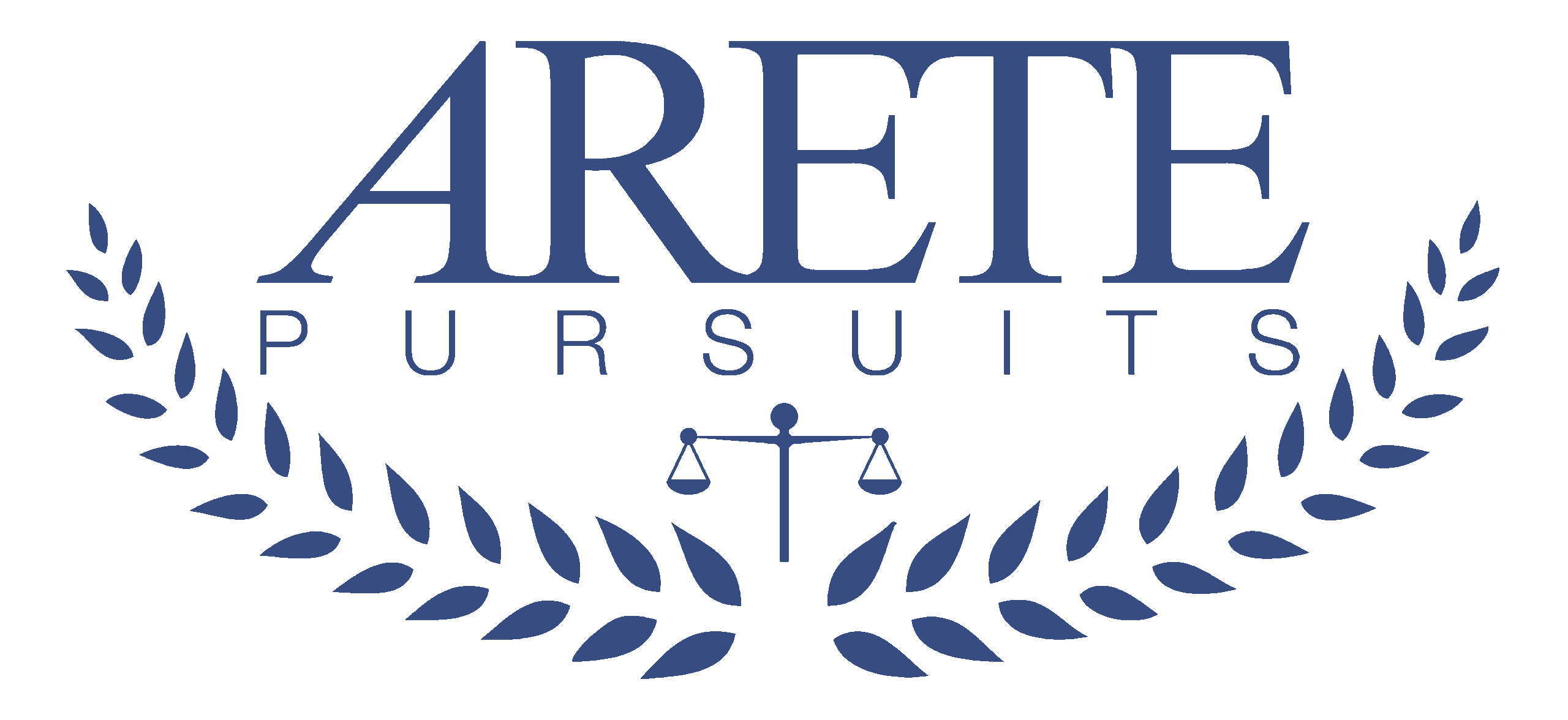In some coaching engagements, the client is offered several potential coaches. The client schedules coaching discovery calls with multiple coaches to understand their coaching style and identify the coach that is the best fit for their style and coaching goals.
I have done several of these lately, and when I find myself repeating something, I instinctively look for ways to optimize the process. So today, I will share some of the common themes that arise in a coaching discovery call. While I expect this post to support future prospective clients, it can be valuable for anyone to learn more about coaching and what to look for in a coach when you are ready to work with one.
My Background
Most discovery calls begin with briefly describing my background and why I chose coaching. Hopefully, they have had a chance to review my LinkedIn profile.
I spent three decades delivering software for higher education as an engineering and product management leader. Throughout that career, my favorite part of my job was mentoring other leaders and accelerating their growth. In 2021, I followed my passion and launched my coaching practice. It’s a fairy tale story of following my bliss. Coaching doesn’t feel like work, and I don’t contemplate retirement.
I received coach training through the Newfield Network USA, where I learned ontological coaching techniques. I followed that training with a powerful program on neuroscience, consciousness, and transformational coaching through BEabove Leadership. I leverage my learnings in neuroscience and ontological coaching to support my clients as they make transformational shifts.
You can read more about my coaching journey in my anniversary posts:
Coaching and Related Services
When evaluating a coach, it’s helpful to understand what coaching means to them and their perspective on related services that may not be “pure coaching.” I like to differentiate between five broad areas and use fishing as a metaphor.
Training
Delivering prepared content that imparts knowledge in a structured way, often in a one-to-many format.
In a coaching session, I may pull up one of my leadership workshops related to a coaching topic and walk them through the content.
Training is teaching you how to fish.
Mentoring
Imparting knowledge in a 1:1 format, explicitly tailored to the individual and their unique situation.
A client may ask me to share my experience related to a coaching topic, such as dealing with an underperforming employee.
Mentoring is working 1:1 with a fishing master to refine your fly-fishing technique.
Coaching
A fundamental principle of coaching is the understanding that every client is whole, resourceful, and creative. In pure coaching, we are confidential thought partners. We create a safe space for exploration and reflection and ask powerful questions. We activate the client to find their own answers. We resist the temptation to mentor or teach.
You might engage a coach when you love fishing so much that you are considering a career pivot that capitalizes on this love. A coach can help you explore options and decide on the right path.
Consulting
Consulting is when a discrete service is outsourced to someone else. Typically, this is separate from learning. It’s usually because the service provider has a unique skill set that the client does not have and does not wish to learn.
Consulting is when you don’t want to know anything about fishing – you want to pay someone to bring you fish.
Therapy
Therapy is a form of treatment aimed at relieving emotional distress and mental health problems, facilitated by a trained professional through various methods and techniques.
People often feel the lines between coaching and therapy are blurred. I have had clients tell me they feel like I’m their therapist. In these situations, I’m quick to point out that I am not a licensed therapist. If a client wants to heal past trauma, I refer them to therapy. This is not the role of a coach. As a coach, however, I am open to exploring past trauma with a client if doing so helps the client craft a new strategy for creating the transformation they desire.
You might see a therapist to help heal a traumatic childhood fishing experience that prevents you from enjoying fishing today.
My Coaching Style
Regarding the distinctions above, I do not have a prescriptive coaching style that applies to all my clients. Different clients come to me with very different needs, and we co-create the relationship to meet those needs.
By default, I show up as a coach. I remain curious, ask powerful questions, and support clients as they unlock learning and transformation.
If clients are open to it, I may shift to mentoring mode, offering relevant advice from my past experience. I’m careful to frame this as my perspective, with no attachment. Some clients make it clear up front that they value mentoring and want me to be empowered to shift into that mode whenever I see the opportunity. I’m happy to do this, but even when I get a direct mentoring question, I remain curious and coach-like to ensure I understand the question and why they are asking before I start handing out advice.
For example, I had a client who wanted to improve his executive presence. Rather than shift to mentor mode, I asked him what executive presence meant to him and what specifically he wanted to improve. His response? “Now that I think about it, I’m not sure. My boss told me I needed to work on my executive presence.” Mentoring would have been pointless at that stage. We needed to find out what executive presence meant to his boss.
In short, my style defaults to coaching but flows seamlessly into mentoring and even training if it serves the client. I avoid consulting in a session, although I’ve agreed to a separate engagement to provide consulting in a few instances. I don’t mix consulting with coaching. And I steer clear of therapy, leaving that to the licensed professionals.
What Do We Talk About?
Another common question in coaching discovery calls is my typical coaching topics. I struggle to convey just how wide this lane is for me. Some clients are “pure” executive coaching, typically sponsored by their organization. We focus on professional growth topics, including:
- Strengthening Interpersonal Relationships
- Executive Presence
- Delegation
- Productivity and Organization
- Emotional Intelligence
- Strategic Thinking
That list barely scratches the surface – many additional examples in the Management category on my blog exist.
Other clients are looking for more traditional life coaching. These clients typically work with me directly. Topics include:
- Work/Life Harmony
- Life Purpose
- Setting and Achieve Personal Goals
- Career Transitions
- Improving Health Habits – I’m passionate about sleep, brain health, running, nutrition, and meditation.
With most clients, the lines between executive coaching and life coaching fall away after a few sessions. Any topic is fair game, regardless of the format. If you have a challenge at home, coaching through that challenge can help you show up as a better leader at work. I’ve seen leaders transform in the office by focusing on improving their health habits.
Selecting a Coach
If you are going through a coaching discovery process, how do you select a coach? Here are some areas to consider:
- Trust – The most important criterion, in my opinion, is how much you trust your coach. When you can show up vulnerably and openly with your coach, and they create a safe, confidential space, magic happens.
- Chemistry – You want to connect with your coach. Does their style align with yours, and is it a good fit for your coaching goals? You’ll need to embrace your intuition to answer these questions.
- Relevant Background – I suggest you downplay this criterion. There can be comfort in having a coach whose background is similar to yours, and it’s certainly not a bad thing. However, I’ve had fantastic coaching relationships with leaders across various roles, including CEOs, marketing, finance, human resources, sales, services, engineering, and product leaders.
Putting It Into Practice
Hopefully, this post has given you a flavor of my coaching background and style. If you would like to learn more, schedule time with me.
I am an executive coach and life coach with software executive roots in higher education and EdTech. I coach because I love to help others accelerate their growth as leaders and humans. I frequently write about #management, #leadership, #coaching, #neuroscience, and #arete.
If you would like to learn more, schedule time with me.
Want to comment? Join the conversation on LinkedIn.

